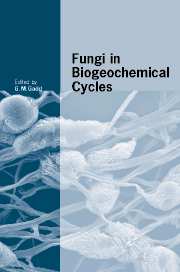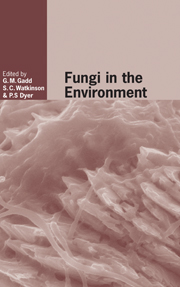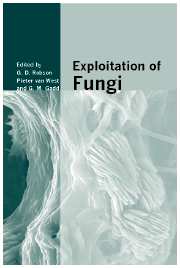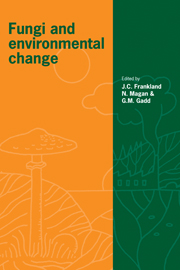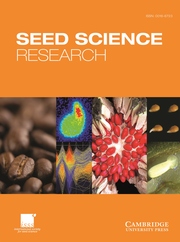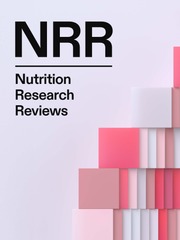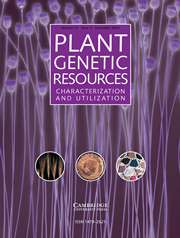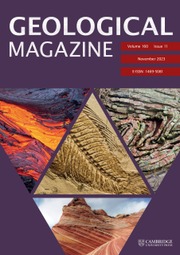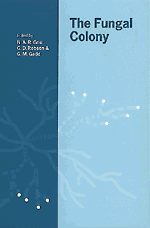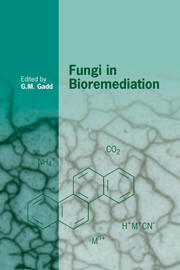Fungi in Biogeochemical Cycles
Fungi play important roles in the cycling of elements in the biosphere but are frequently neglected within microbiological and geochemical research spheres. Symbiotic mycorrhizal fungi are responsible for major transformations and redistribution of inorganic nutrients, while free-living fungi have major roles in the decomposition of organic materials, including xenobiotics. Fungi are also major biodeterioration agents of stone, wood, plaster, cement and other building materials, and are important components of rock-inhabiting microbial communities. The aim of this book is to promote further understanding of the key roles that free-living and symbiotic fungi (in mycorrhizas and lichens) play in the biogeochemical cycling of elements, the chemical and biological mechanisms that are involved, and their environmental and biotechnological significance. Where appropriate, relationships with bacteria are also discussed to highlight the dynamic interactions that can exist between these major microbial groups and their integrated function in several kinds of habitat.
- Was the first comprehensive synthesis of this previously poorly described and under appreciated topic
- Multidisciplinary - at the interface of physical, chemical and biological sciences
- Includes descriptions of underlying mechanisms and their significance for elemental cycling
Reviews & endorsements
"Gadd has gathered an excellent set of authors, all leaders in their various fields and in particular fungal groups, to summarize current research and to highlight the roles of fungi in biogeochemical cycles. The contributors offer a balance between processes involving fungi in natural systems and those in contaminated systems. ...The particular strength of Fungi in Biogeochemical Cycles is its balance among the "bio," "geo," and "chem" components in biogeochemistry. ...I highly recommend this volume, not just to the mycologist but also to the ecologist, geologist, environmental scientist, and earth scientist. It will be particularly useful to senior undergraduates and graduate students in interdisciplinary fields such as ecosystem ecology and biogeochemistry."
John Klironomos, University of Guelph
BioScience, December 2007
Product details
June 2006Hardback
9780521845793
490 pages
235 × 158 × 28 mm
0.89kg
Available
Table of Contents
- Preface
- 1. Overview of geomicrobiology and the relative roles of bacteria and fungi H. Erlich
- 2. Integrated nutrient cycles in forest ecosystems R. Finlay
- 3. Fungal roles in transport processes in soil K. Ritz
- 4. Regulation of ecosystem processes, including water transport M. Allen
- 5. Carbon and nitrogen cycling in forest ecosystems: importance of mycorrhizal fungi E. Hobbie
- 6. The role of arbuscular mycorrhizal fungi in carbon and nutrient cycling D. Johnson
- 7. Mapping nutrient fluxes in mycelial networks S. Watkinson, M. Fricker and M. Tlalka
- 8. Relative roles of bacteria and fungi in polycyclic aromatic hydrocarbon biodegradation and remediation of contaminated soils C. Cerniglia
- 9. Colonisation and deterioration of polymeric materials G. Robson
- 10. Fungal dissolution and transformation of minerals: significance for nutrition and metal mobility G. Gadd and M. Fomina
- 11. Fungal activities in rock-inhabiting microbial communities A. Gorbushina
- 12. Roles of bacteria and fungi in carbonate-oxalate biomineralization E. Verrechia
- 13. Mineral tunnelling by fungi M. Smits
- 14. Mineral dissolution by ectomycorrhizal fungi H. Wallander
- 15. Lichen biogeochemistry W. Purvis and J. Haas
- 16. Fungal roles as components of deep sub-surface microflora K. Pedersen, J. Retiner and G. Schumann
- 17. Biogeochemical activities in freshwater environments K. Suberkropp and V. Gulis
- 18. Biogeochemical roles of fungi in marine and estuarine habitats N. Clipson, M. Otte and E. Landy
- Index.

